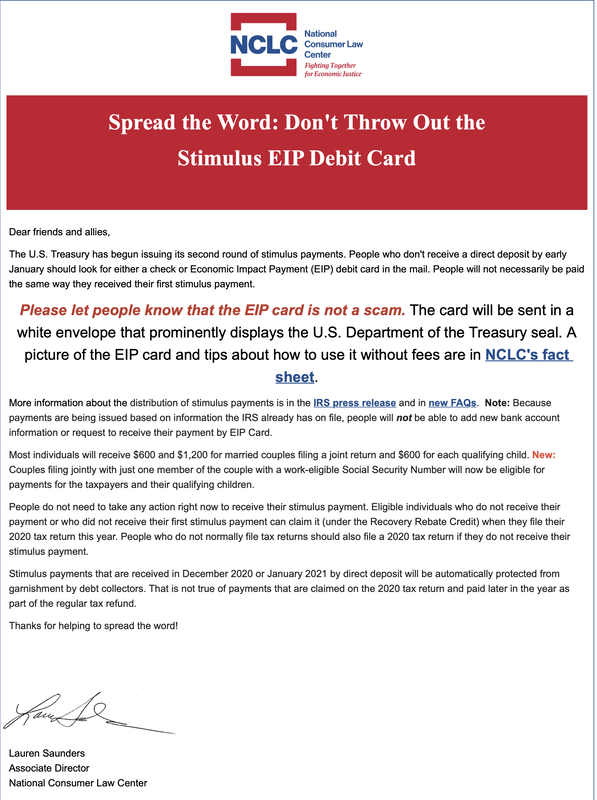Lack of True Penalties Exacerbates Wage Theft in Oregon
January 20, 2021
By Janet Bauer Oregon employers face almost no downside to stealing the wages of workers, given that the boss rarely pays a penalty when caught. Although the state may compel employers to pay the wages owed, in only 1 percent of wage claims found to be valid by the Oregon Bureau of Labor and Industries (BOLI) do employers wind up paying a penalty for their wrongdoing.[1] The fact that employers risk little when they violate labor law exacerbates the problem of wage theft in Oregon.
BOLI rarely penalizes employers for wage violations; employers rarely payWage theft is a persistent and widespread problem.[2] Wage theft is a catchall term for the many ways employers fail to pay workers the wages they have earned, such as failing to pay overtime, requiring people to work off the clock, and stealing tips. By one estimate, it costs low-paid workers nationwide over $50 billion annually.[3] In Oregon since 2006, workers have submitted claims for unpaid wages worth more than $50 million.[4]
Despite the pervasive problem that is wage theft, BOLI rarely imposes penalties on employers as a way to deter misconduct. When a worker suffers a wage violation, they may file a claim with BOLI. Of the wage claims filed over the period 2013-19, the Bureau found most of them — 3,703 in total — to be valid. Even though the agency has the authority to impose penalties in addition to requiring payment of wages, it does so rarely. BOLI levied penalties on just 16 percent of valid claims over the six-year period.
(Read the rest at link: https://www.ocpp.org/2021/01/20/lack-true-penalties-exacerbates-wage-theft-oregon/?blm_aid=28620)
Download PDF
|
Good article by the Oregon Center for Public Policy on the very real problem of wage theft -- employers not paying workers the wages owed. If your employer isn't paying you, or isn't paying you all that you are owed, you should consult an attorney.
0 Comments
There is a serious, well-funded push by many business organizations and chambers to demonize lawsuits and the lawyers who bring them. This is because a lot of lawsuits are brought against businesses who harm ordinary people -- and those are the businesses that make up these organizations and they hate the parts of the legal system that mean that a regular person can force a business to account and be responsible for harms it causes, no matter how much more power and money the business has. They especially hate class actions because class actions are the only practical way for ordinary folks ripped off for small amounts of money can make the business answer for doing so. The war on lawsuits and class actions, campaigns for immunity laws, and the relentless media propaganda against the jury system is fundamentally anti-American -- the Founders thought that access to the jury for civil trials was so important that it's the 7th Amendment to the Bill of Rights. Nice to see someone doing a serious study that shows the other side of the story, about the lawsuits that protect us all. The Center for Justice & Democracy at New York Law School (CJ&D) released today Lifesavers 2021: CJ&D’s Guide to Lawsuits that Protect Us All. The study describes over 125 lawsuits that have led to major safety improvements benefiting large numbers of people, spanning well over 50 years. According to co-author Emily Gottlieb, CJ&D’s Deputy Director for Law & Policy:
|
AuthorJohn Gear Law Office - Categories
All
Archives
December 2022
|
||||||

 RSS Feed
RSS Feed
